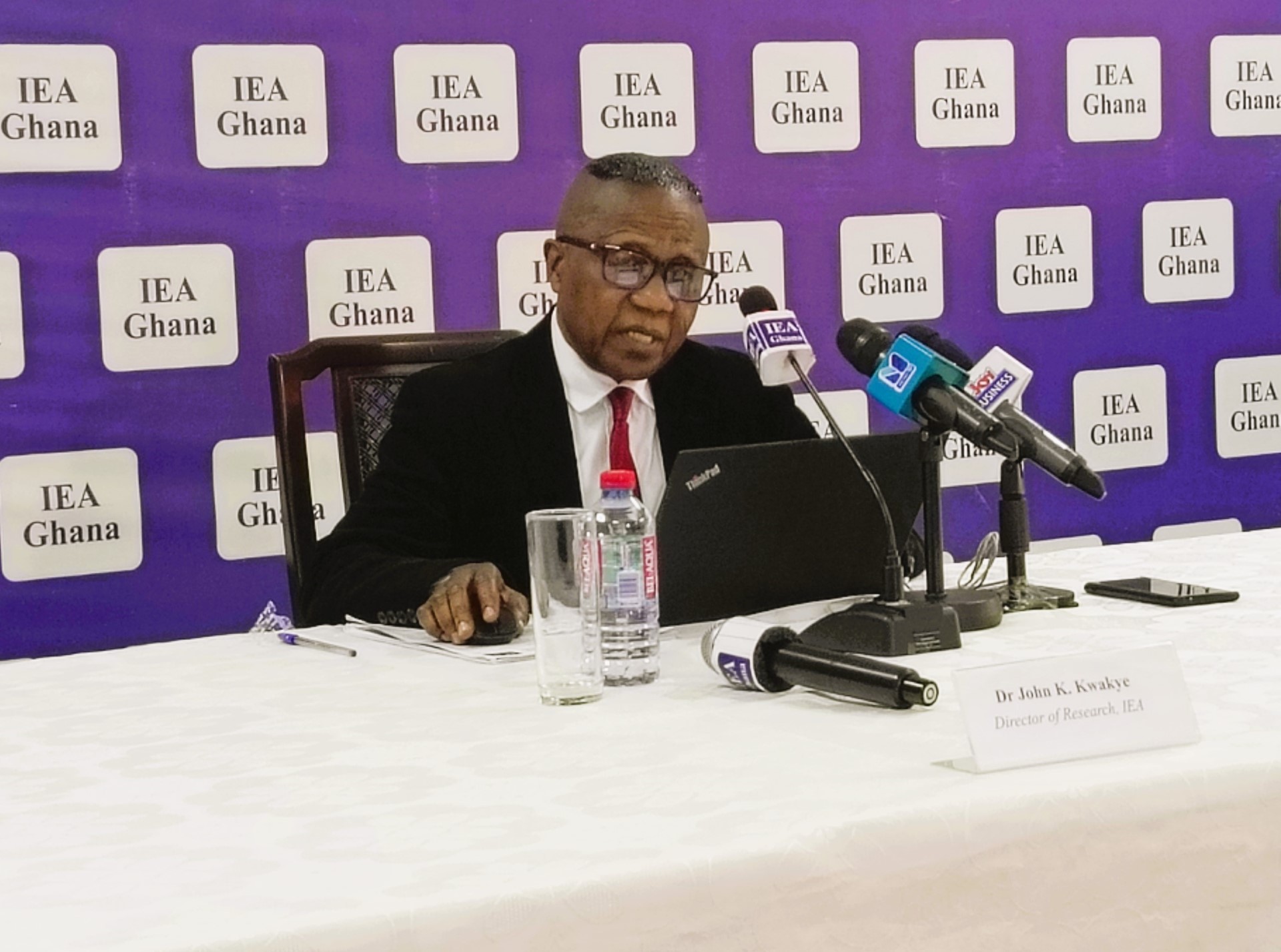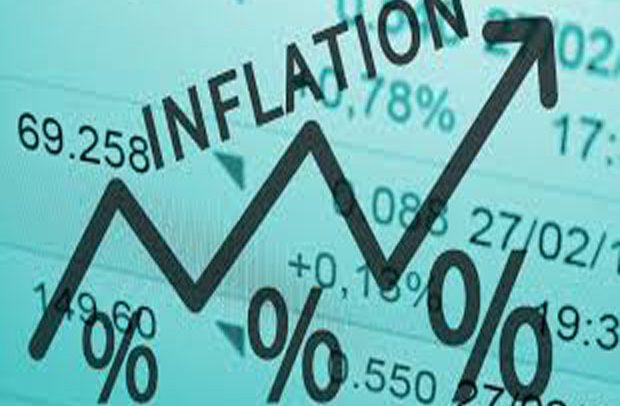
The inflation rate declined to 26.4% in November, a 19-month low, the Ghana Statistical Service has published.The Consumer Price Index (CPI) for November 2023 was 198.2 – relative to 156.8 for November 2022.
The Ghana Statistical Service says food inflation was the major contributor to the decline in the rate of inflation.
In November, food inflation dropped by 12.6% to 32.2%. The month-on-month rate of food inflation was 0.8%.
Non-food inflation also reduced to 21.7%, as against 27.7% in October this year and the month-on-month rate of non-food inflation was 2.2%.
The inflation of imported items stood at 27.1% but that of locally produced items was 26.1%.
FIVE DIVISIONS
Five divisions recorded inflation rates higher than the national average.
They are Alcoholic Beverages, Tobacco and Narcotics (39.0%); Personal Care, Social Protection and Miscellaneous Goods and Services (35.4%); Food and Non-Alcoholic Beverages (32.2%); Furnishings, Household Equipment and Routine Household Maintenance (32.2%); and Restaurants and Accommodation Services (27.1%).
BoG MAINTAINS
The Bank of Ghana (BoG) announced on November 27, 2023 that it was maintaining its monetary policy at 30% as inflation continues to decelerate. That was the second consecutive time it had maintained the rate.
According to a report filed by The Chronicle’s Jennifer Ambolley, the Monetary Policy Committee (MPC) of the BoG found the need to keep the policy rate tighter for longer, until inflation was firmly anchored on a downward trajectory towards the medium-term target.
The Governor of the BoG, who is also the Chairman of the Committee, Dr. Ernest Addison, addressing the media said headline inflation had continued to decelerate in the past few months, consistent with forecasts.
He continued, “The latest Bank forecast indicates that the disinflation process is expected to continue, supported by the current tight monetary policy stance, a relatively stable exchange rate and base drift effects.”
He further explained that all the core measures of inflation and inflation expectations are pointing downwards and the Bank will remain vigilant on the risks to the disinflation process.
MODEST GAINS
Presenting the 2024 budget statement and economic policy of the government to Parliament on November 15, 203 the Minister for Finance, Ken Ofori-Atta, said the economy had begun making modest gains.
He claimed that the country’s inflation had started declining because the economy was performing better.
“In the midyear review, I informed the House that we have started turning the corner and it is evident today. We turned the corner when inflation started to decline from 54.1 percent in December 2022 to 35.2 percent in October 2023. We turned the corner when the 1 percent projected growth came to 3 percent in the first two quarters of this year.
We turned the corner when the currency, which had been under severe pressure over the past two years, depreciated by a modest 6.4 percent in the past nine months compared to 53.3 percent during the same period in 2022.
“The performance of the Cedi is also a reflection that confidence is back, revenues have improved, and that the recovery is indeed real and here to stay. We turned the corner when companies went back to the job market to hire workers, and we turned the corner when the banking industry started to record and report profits after-tax growth of GH¢6.2 billion this half-year,” he said.
The post Inflation declines from 35% to 26% appeared first on The Chronicle News Online.
Read Full Story





















Facebook
Twitter
Pinterest
Instagram
Google+
YouTube
LinkedIn
RSS